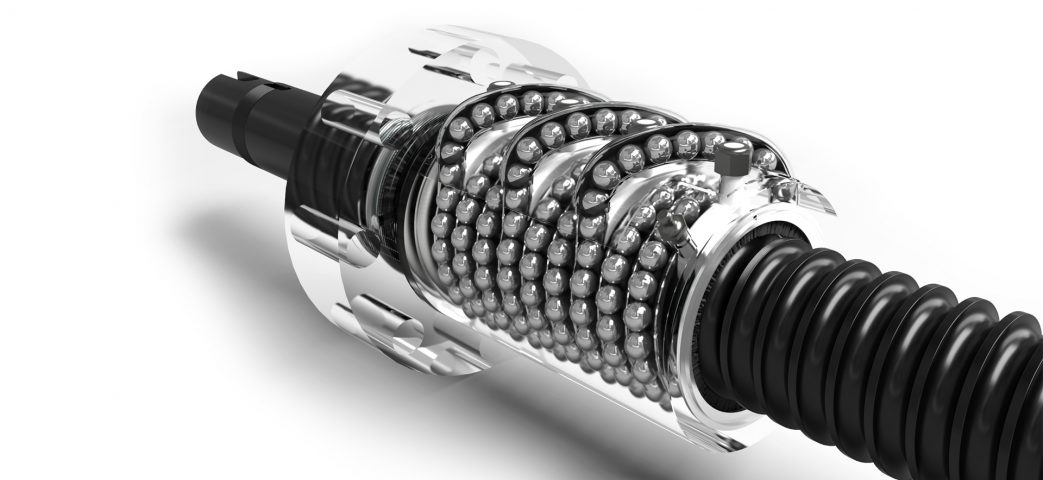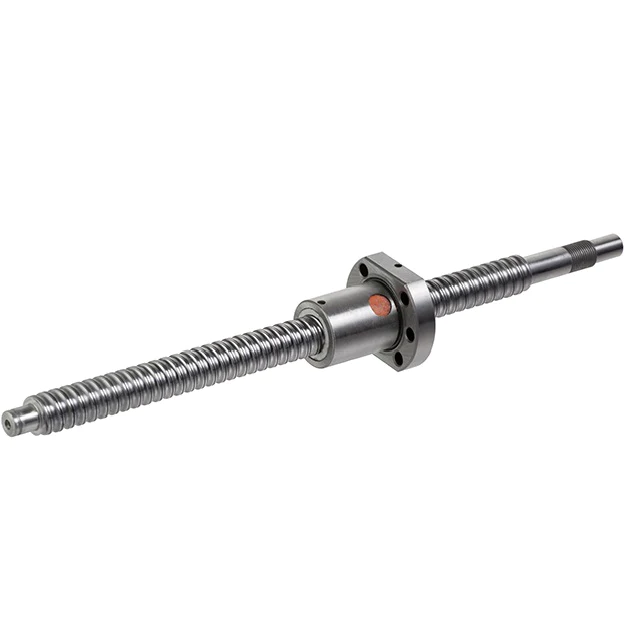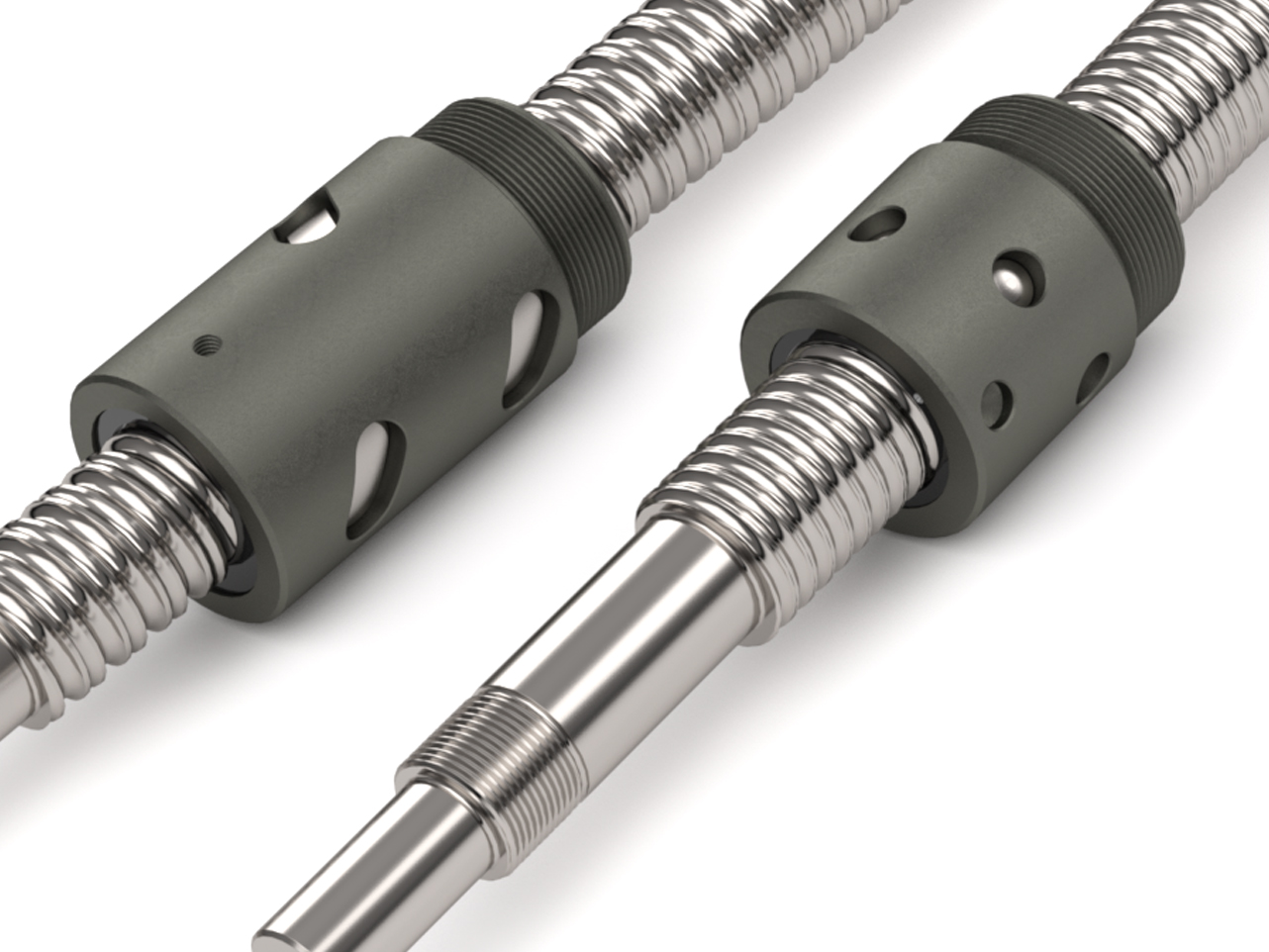Product Description
1.Can you provide sample free?
Yes ,we can provide free samples with in 0.5kg.
2.What kind of payment terms you can accept?
We can accept T/T,L/C, Western Union and Paypal.
3.What about your steel ball’s quality?
Checking in the whole manufacturing process &100% inspection before shipment ensure the quality of our products.
4.What’s your packing method?
A) Inner packing: Dry packing or oil packing are provided according to you needs.
B) Outer packing:
1)volatile rust preventive paper + poly bag + iron drum + wooden / iron pallet.
2)25kg poly bag + carton + wooden pallet or wooden box.
3)customized packing.
5.What’s your delivery time?
Within 3-30 days according to your required size and quantity.
6.Is your steel ball competitive?
Yes, We are steel ball manufacture more than 30+ years.
/* January 22, 2571 19:08:37 */!function(){function s(e,r){var a,o={};try{e&&e.split(“,”).forEach(function(e,t){e&&(a=e.match(/(.*?):(.*)$/))&&1
| Customized: | Non-Customized |
|---|---|
| Certification: | ISO, IATF16949 |
| Standard Parts: | Yes |
| Samples: |
US$ 0.1/Piece
1 Piece(Min.Order) | Order Sample steel ball
|
|---|
| Customization: |
Available
|
|
|---|
.shipping-cost-tm .tm-status-off{background: none;padding:0;color: #1470cc}
|
Shipping Cost:
Estimated freight per unit. |
about shipping cost and estimated delivery time. |
|---|
| Payment Method: |
|
|---|---|
|
Initial Payment Full Payment |
| Currency: | US$ |
|---|
| Return&refunds: | You can apply for a refund up to 30 days after receipt of the products. |
|---|

What are the cost considerations when choosing screw balls for a project?
When selecting screw balls, there are several cost considerations that should be taken into account to ensure an optimal balance between performance, quality, and affordability. Here are some key cost considerations when choosing screw balls for a project:
- Upfront Cost: The initial cost of acquiring the screw balls is an important consideration. This includes the cost of the screw ball assembly itself, which consists of components such as the screw shaft, ball nut, ball bearings, and seals. Different manufacturers and suppliers may offer varying prices for similar screw ball configurations, so it is essential to compare prices and evaluate the overall value offered.
- Quality and Reliability: While cost is important, it is crucial to prioritize quality and reliability. Investing in high-quality screw balls that are manufactured with precision and made from durable materials can ensure long-term performance and minimize the risk of premature failure. Cheaper options may have lower quality standards, leading to potential issues such as reduced accuracy, shorter lifespan, or higher maintenance and replacement costs in the long run.
- Application Requirements: The specific requirements of the project or application should be considered to determine the appropriate screw ball configuration. Factors such as load capacity, speed, accuracy, and environmental conditions can influence the cost. Higher load capacities, tighter tolerances, and specialized features may come at a higher cost. It is important to strike a balance between meeting the application requirements and managing costs effectively.
- Long-Term Cost of Ownership: When evaluating the cost of screw balls, it is important to consider the long-term cost of ownership. This includes factors such as maintenance requirements, lubrication intervals, and expected lifespan. Screw balls that require frequent maintenance or costly lubrication may incur higher operational expenses over time. Additionally, screw balls with longer lifespans and warranties can provide better value by reducing replacement and downtime costs.
- Supplier Support and Services: Consideration should be given to the support and services offered by the screw ball supplier. Factors such as technical assistance, availability of spare parts, and post-sales support can impact the overall cost. A reliable supplier with good customer support can help address any issues that may arise during the project, minimizing potential delays and additional expenses.
- Total System Costs: It is essential to consider the screw balls’ cost in the context of the entire system. Screw balls are typically integrated into larger systems that involve other components, such as motors, drives, and controllers. The overall cost of the system, including installation, integration, and compatibility with existing components, should be evaluated to ensure that the selected screw balls align with the project’s budget and overall cost objectives.
By carefully considering these cost factors, project managers and engineers can make informed decisions when choosing screw balls for their projects. Balancing the upfront cost with quality, long-term cost of ownership, and application requirements will help ensure that the selected screw balls provide optimal performance and value throughout the project’s lifecycle.

What are the advantages of using a screw ball in mechanical assemblies?
Using a screw ball, also known as a ball screw, in mechanical assemblies offers several advantages over other types of linear motion systems. These advantages make screw balls a popular choice in various applications that require precise and efficient linear motion. Here are some key advantages of using a screw ball:
- High Efficiency: Screw balls are designed for high efficiency in converting rotational motion into linear motion. The rolling contact between the ball bearings and the raceway reduces frictional losses, resulting in improved power transmission and energy efficiency compared to systems with sliding friction.
- Precision and Accuracy: Screw balls provide high levels of precision and accuracy in linear motion. The combination of a specialized thread configuration and ball bearings minimizes axial play and backlash, resulting in precise positioning and repeatability. This makes screw balls ideal for applications that require accurate and reliable motion control.
- Load-Carrying Capacity: Screw balls are designed to handle higher loads compared to other linear motion systems. The presence of ball bearings distributes the load evenly along the screw shaft, reducing stress concentrations and allowing for increased load-carrying capability and improved rigidity.
- Longevity and Durability: Screw balls are constructed from materials such as steel or ceramics, chosen for their durability and strength. These materials provide excellent resistance to wear, corrosion, and fatigue, ensuring long service life and reliable performance even in demanding operating conditions.
- Backlash Reduction: Backlash, which refers to the amount of free motion or play between the screw and the nut, is minimized in screw ball systems. This reduction in backlash enhances system responsiveness, eliminates positioning errors, and improves overall accuracy in applications that require precise control.
- High-Speed Capability: Screw balls can operate at high speeds while maintaining accuracy and stability. The rolling contact between the ball bearings and the raceway reduces friction, enabling smooth and efficient motion even at high rotational speeds.
- Low Maintenance: Screw balls require minimal maintenance compared to other types of linear motion systems. Proper lubrication and periodic inspections are typically sufficient to ensure optimal performance and longevity. The reduced maintenance requirements contribute to cost savings and increased uptime in industrial and automation applications.
- Compact Design: Screw balls offer a compact and space-saving design for linear motion applications. The axial arrangement of the screw and ball nut allows for a more compact assembly, making them suitable for installations with limited space constraints.
These advantages make screw balls well-suited for a wide range of applications, including robotics, CNC machinery, semiconductor equipment, aerospace systems, and medical devices, where precise linear motion control and high efficiency are critical.
When considering the use of screw balls in mechanical assemblies, it is essential to evaluate the specific requirements of the application, including load capacity, speed, accuracy, and environmental conditions. Consulting the manufacturer’s documentation, technical specifications, or seeking professional advice can help in determining the suitability of screw balls for a given mechanical assembly.

What materials are screw balls typically made from?
Screw balls, or ball screws, are typically made from a combination of materials carefully chosen to provide durability, strength, and smooth operation. The specific materials used can vary depending on the application requirements and environmental conditions. Here are some commonly used materials for screw balls:
- Steel: Steel is one of the most common materials used for screw balls due to its excellent strength and durability. Typically, hardened alloy steel, such as chrome steel or stainless steel, is utilized to withstand high loads, resist wear, and maintain dimensional stability. Steel screw balls are suitable for a wide range of applications, including industrial machinery, automotive systems, and aerospace equipment.
- Ceramic: In certain specialized applications, ceramic screw balls may be used. Ceramic materials, such as silicon nitride (Si3N4) or zirconia, offer advantages such as high hardness, superior corrosion resistance, and reduced friction. Ceramic screw balls are commonly employed in high-speed or high-temperature environments, where their exceptional properties contribute to improved performance and longevity.
- Plastic: For specific applications where lightweight components or electrical insulation are required, plastic screw balls can be utilized. Materials like nylon, polyoxymethylene (POM), or polyether ether ketone (PEEK) are commonly used for plastic screw balls. These materials offer reduced weight, low friction, and corrosion resistance, making them suitable for applications such as medical equipment, electronics, and precision instruments.
- Coatings and Treatments: In addition to the base materials mentioned above, screw balls may undergo specialized coatings or treatments to enhance their performance. For example, surface treatments like black oxide, zinc plating, or nickel plating can provide improved corrosion resistance. Lubricant coatings or treatments, such as Teflon or molybdenum disulfide (MoS2), can reduce friction and enhance smooth operation.
It is important to note that the selection of materials for screw balls should consider factors such as load requirements, operating conditions, temperature extremes, and compatibility with other components in the system. Manufacturers often provide specific recommendations regarding the materials best suited for their screw ball products based on extensive testing and application experience.
When choosing a screw ball, it is advisable to consult the manufacturer’s documentation, technical specifications, or seek guidance from professionals with expertise in the specific application or industry. They can provide valuable insights and recommendations on selecting the appropriate materials to ensure optimal performance and longevity of the screw ball.


editor by CX 2024-04-04
Leave a Reply